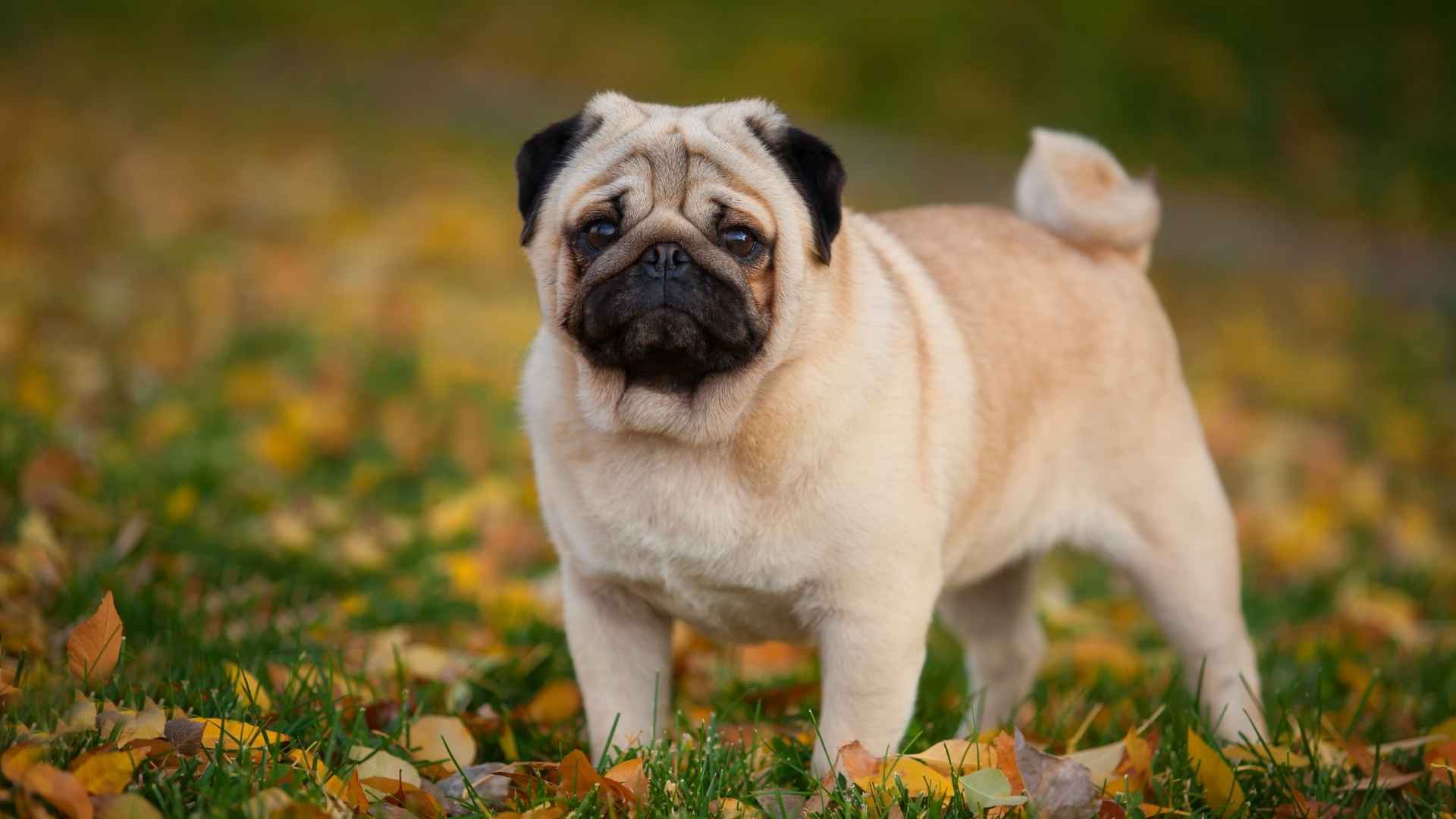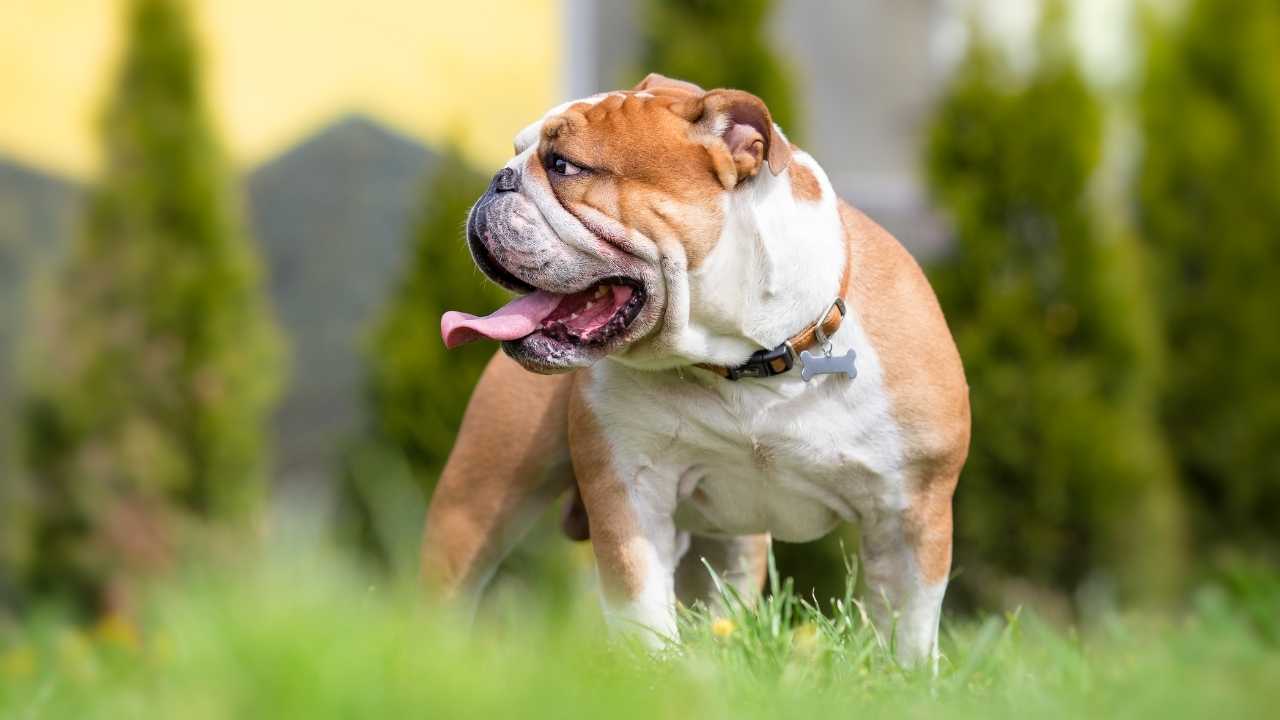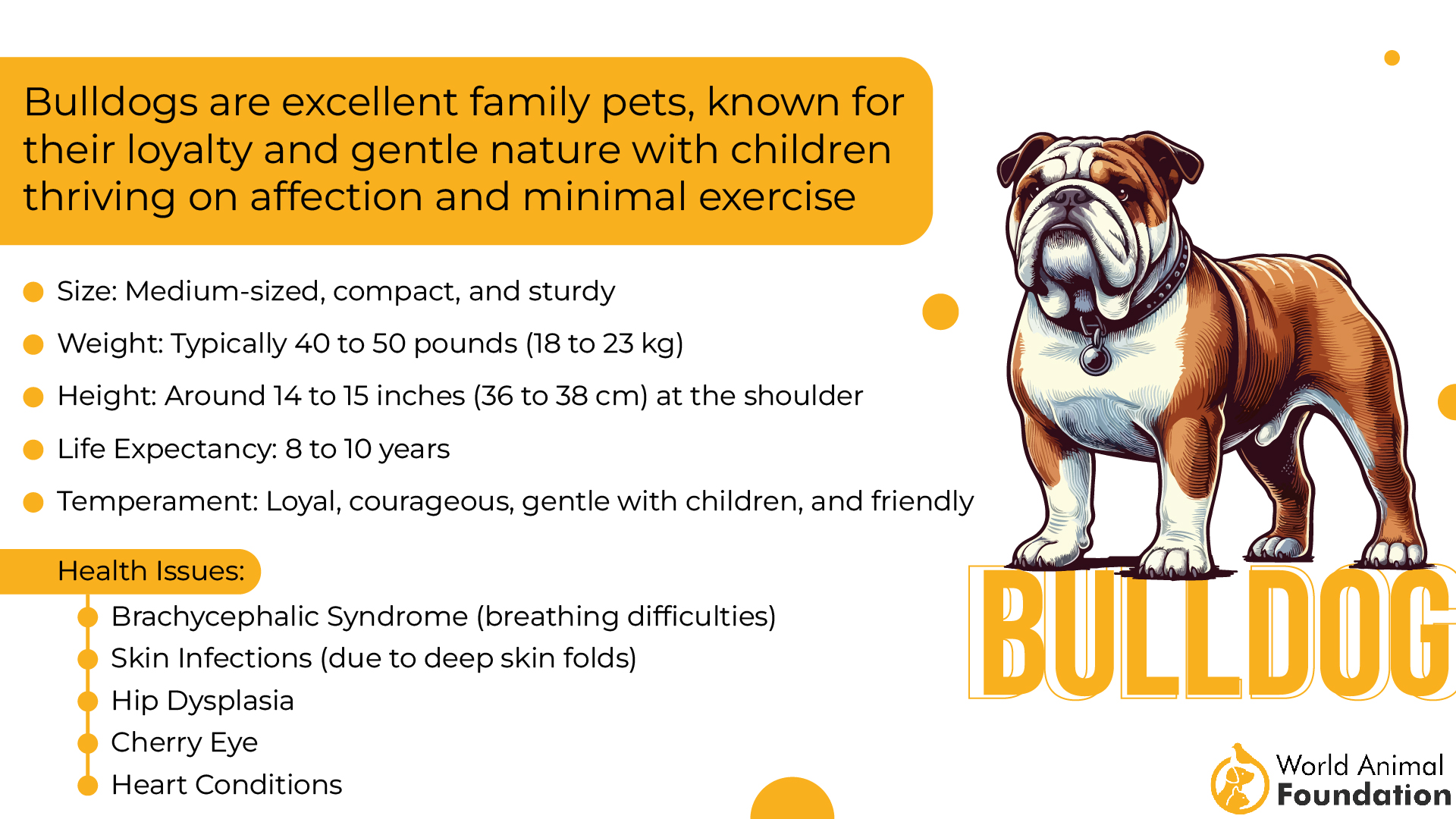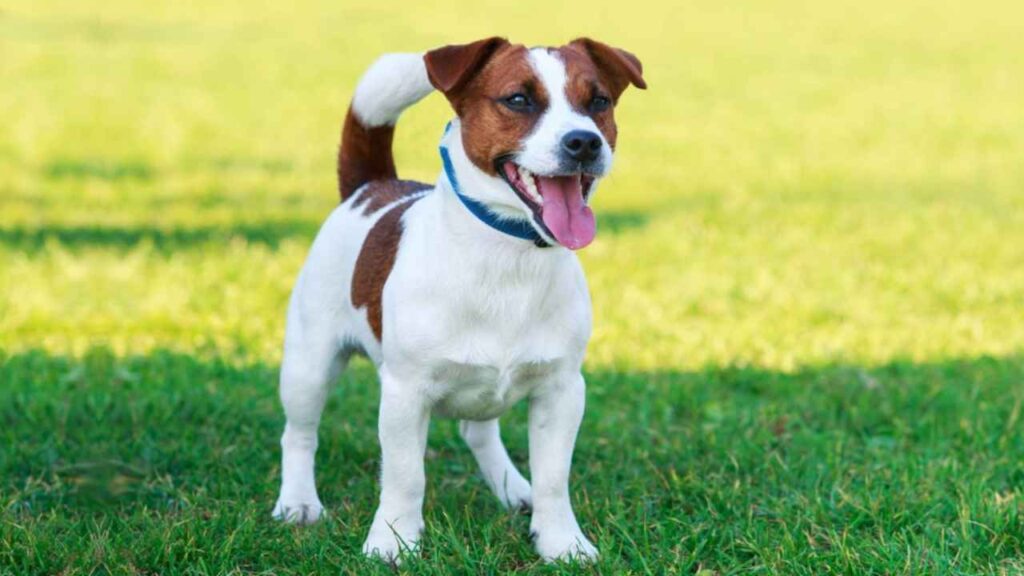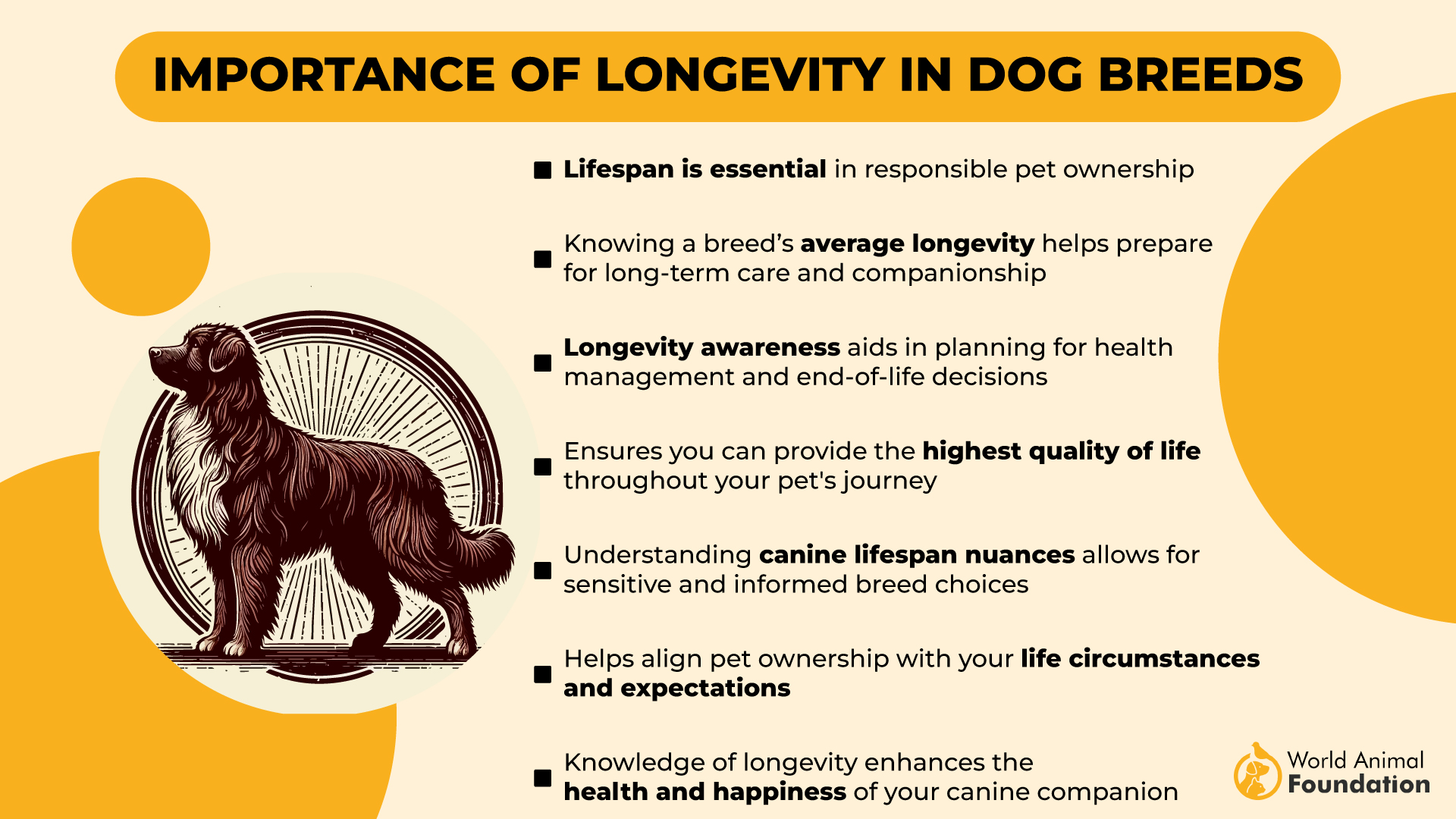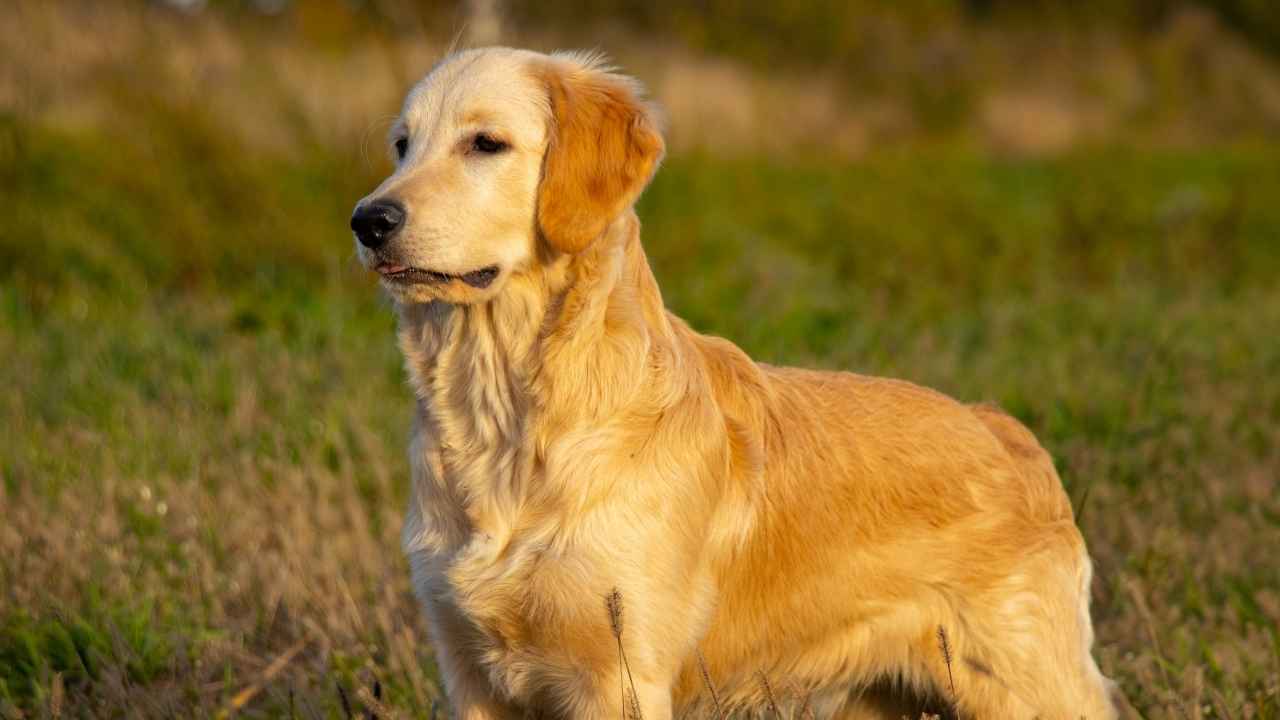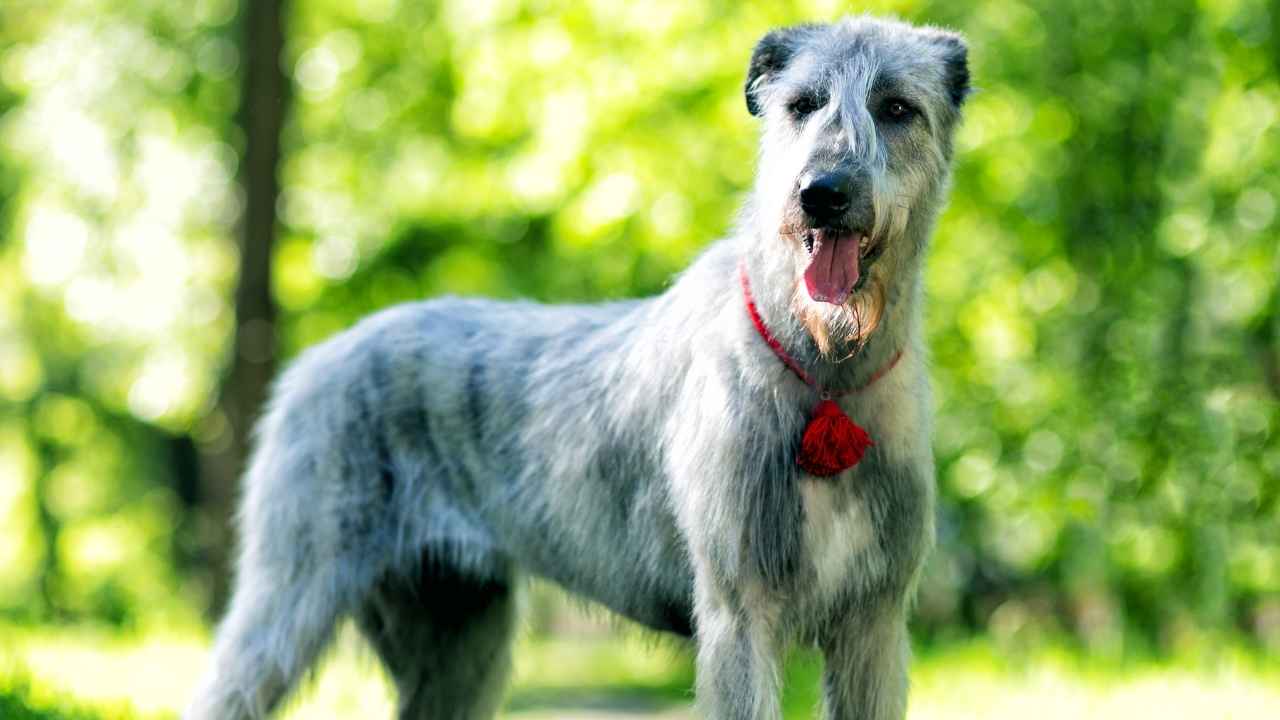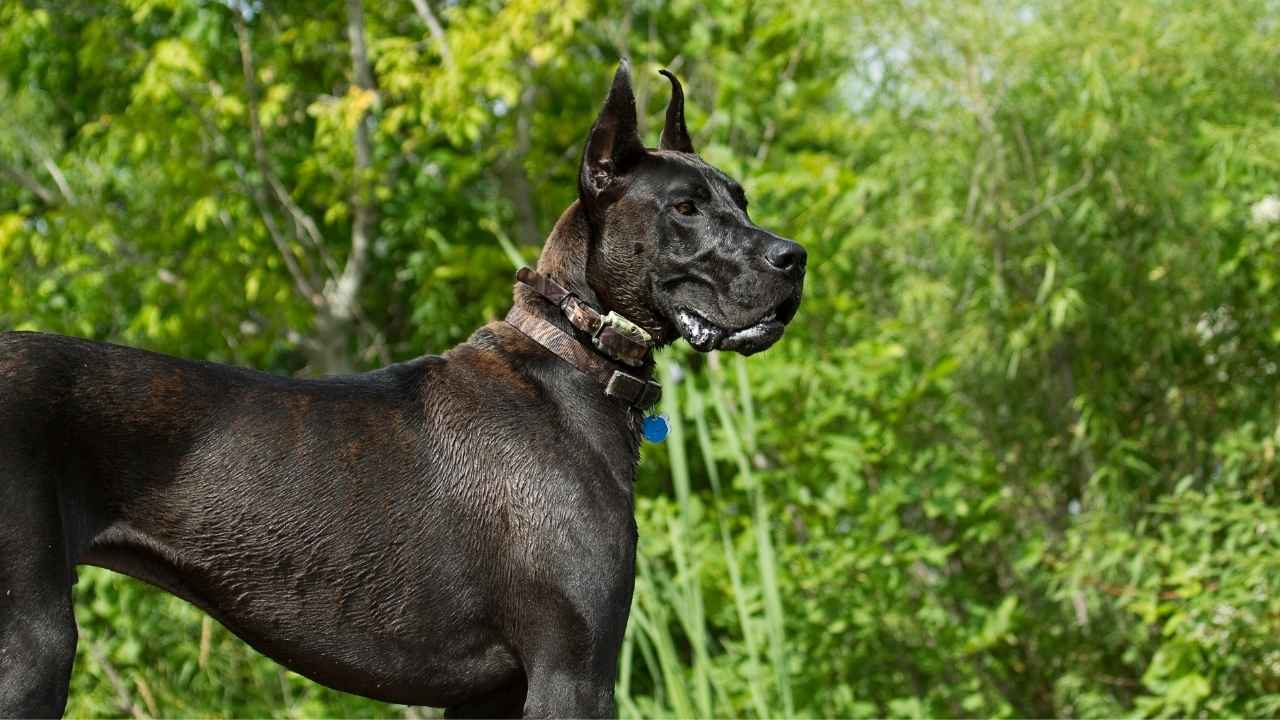The companionship of a dog brings immeasurable joy, love, and comfort to our lives, yet the inevitable passage of time can be heart-wrenching, especially for owners of breeds with shorter lifespans. In “9 Shortest Living Dog Breeds Will Leave You Soon,” we explore the poignant reality faced by those devoted to these lovable yet ephemeral canine companions. From their delightful quirks to the unique bonds they forge, these breeds bring vibrant energy into our homes, albeit for a fleeting moment. Understanding their journey not only enriches the time shared but also prepares us for the bittersweet goodbye that inevitably follows.
Every moment with our dogs is precious, and it often feels like time slips away too quickly. While we all wish our furry friends could stay by our side forever, the reality is that some breeds, due to genetics and health issues, have shorter life expectancies than others.
Understanding the average lifespan of these breeds can help us give them the love, care, and attention they deserve during the time they are with us.
In this article, we’ll explore 9 dog breeds with the shortest lifespans, so you can cherish each moment you share with them, ensuring they live their happiest and healthiest lives possible.
Shortest Living Dog Breeds will Leave You soon
1. Bulldog
The Bulldog is one of the most beloved breeds known for its gentle and affectionate nature. These large dogs are typically adored for their calm demeanor, making them fantastic companions for families. However, Bulldogs have an average life expectancy of around 8 to 10 years, which is shorter compared to other domestic dogs.
Health Challenges Contributing to Bulldog’s Short Lifespan
This breed’s relatively short lifespan can be attributed to various health issues, including breathing difficulties due to their brachycephalic structure and a tendency toward obesity. Bulldogs are among the breeds with the shortest lifespan, requiring regular vet visits to manage potential health problems.
Despite their brief time with us, Bulldogs leave a lasting impact on their owners due to their unwavering loyalty and lovable personality.
2. Russell Terrier
The Russell Terrier is a small, energetic breed that thrives on companionship and activity. Though smaller in size, this breed’s personality is larger than life, making them a favorite among pet owners who enjoy the boundless energy of their furry friends.
Affectionate Russell Terriers Defy the Lifespan Norm
With an average life expectancy of 13 to 16 years, Russell Terriers tend to live longer than some larger breeds like the Saint Bernard or Bull Mastiff, which have shorter lifespans due to their size. While smaller breeds typically enjoy longer lives, it’s important for all dogs, including the Russell Terrier, to receive proper care to maintain a healthy weight and avoid common health issues.
These feisty, affectionate dogs are a reminder that the dog’s lifespan doesn’t always correlate with size, as other breeds like Saint Bernard or giant breeds often have shorter lives despite their majestic presence.
3. Border Collie
The Border Collie is renowned for its intelligence and incredible work ethic, particularly when it comes to protecting livestock. As smaller dogs compared to some of the big dogs like the gentle giant Saint Bernard, Border Collies are agile and energetic, often excelling in activities like herding and agility trials.
Border Collie’s Lifespan and Health Considerations
While they may not have the longest life expectancy, averaging around 12 to 15 years, their active nature helps them stay in good health throughout their lives. However, like many active breeds, they can be prone to certain health concerns, including bone cancer.
As per Purina US, regular exercise and a healthy weight are key to keeping them in top shape. Despite their shorter lives, Border Collies leave a lasting impact on their owners with their unwavering loyalty and boundless energy.
4. Chihuahua
The Chihuahua, a tiny dog with a gentle demeanor, has captured the hearts of dog lovers around the world. While they are much smaller than the tallest dogs, like the Great Dane, Chihuahuas have a surprisingly long life expectancy, often living between 12 to 20 years.
Size Doesn’t Always Predict Lifespan
This breed’s longevity is often attributed to its small size and lower risk for certain health issues that can affect larger dogs like the English Bulldog. However, Chihuahuas are still prone to genetic factors that can affect their health, including dental problems and heart issues.
Some Chihuahuas may even develop loose skin as they age, adding a unique characteristic to their appearance. As with all breeds, it’s essential to provide them with proper care to ensure they live a long, healthy life. Certain breeds, like the Chihuahua, demonstrate that size doesn’t always determine how long dogs live, with smaller breeds often outliving their larger counterparts.
5. Pug
The Pug is a lovable, compact breed that offers endless charm with its gentle and affectionate nature. Typically ranging in size from 14 to 18 pounds, Pugs are considered one of the smaller breeds, though their larger-than-life personalities make them feel much bigger.
Loyalty and Playfulness Despite Shorter Years
While they may not have the longer lifespan of some smaller counterparts, their average life expectancy is around 12 to 15 years, a respectable time for such a sturdy breed. As per PetMD, Pugs are prone to heart disease and other health issues, such as breathing problems due to their brachycephalic facial structure.
As with all dogs, including the Dogue de Bordeaux, the key to a healthy life is regular veterinary care and maintaining a healthy weight to help manage these conditions. Pugs may not have the long haul of some breeds, but their loyalty and playful nature make them a beloved companion for the years they do live.
6. Golden Retriever
The Golden Retriever is one of the most popular and loved breeds, known for its loyal and affectionate nature. These dogs have an average lifespan of 10 to 12 years, which is typical for a large breed. While they may not live as long as some smaller dogs, they are incredibly devoted companions and form strong bonds with humans.
Health Needs for a Long, Active Life
Their playful and gentle demeanor makes them excellent family pets, especially when raising puppies. Golden Retrievers require regular exercise and a healthy diet to avoid common health issues that can impact their lifespan.
Despite their relatively shorter life compared to English Mastiffs, Golden Retrievers’ unwavering loyalty and love for their pup owners make every moment spent with them truly special. Their joyful, loving personality ensures they remain a cherished part of the family throughout their life.
7. Irish Wolfhound
The Irish Wolfhound, a majestic and gentle giant, is one of the largest and most noble breeds. Known for their calm demeanor, they have a shorter lifespan, typically living between 6 to 8 years, which is sadly shorter than many smaller breeds.
Profound Impact Despite Shorter Lifespan
While their average life expectancy is not as long as some other dogs, their impact on their humans is profound. Their gentle demeanor and unwavering loyalty make them exceptional companions, especially for those who appreciate a more laid-back pup.
Despite being prone to certain health issues, including heart disease and cancer, these dogs continue to be cherished members of families. Rottweilers and other large breeds share a similar life expectancy, with their larger size often leading to health problems that affect their longevity. However, with proper care and love, the time spent with an Irish Wolfhound is treasured by many.
8. Bernese Mountain Dog
The Bernese Mountain Dog is a stunning and loyal companion, with a gentle giant personality that captures the hearts of many dog lovers. However, like many large breeds, their age is relatively shorter compared to smaller dogs.
Loyalty That Lasts Beyond Their Lifespan
The typical life expectancy of a Bernese Mountain Dog ranges from 7 to 10 years. Though they are known for their affectionate nature, their larger size can predispose them to health issues such as cancer and joint problems. French Mastiffs, similar in size, also have a shorter lifespan, often facing similar challenges.
Despite these potential health concerns, Bernese Mountain Dogs are cherished for their loyalty, and their devotion to their families makes their time with us unforgettable. Regular vet visits and maintaining a healthy weight can help extend their time by your side, but they will always leave a lasting impact on your heart.
9. Great Dane
The Great Dane is often called a “gentle giant” due to its impressive size and calm, affectionate nature. Unfortunately, this large breed is one of the dog breeds with the shortest life expectancy, typically living between 7 to 10 years.
Precious Time with Their Loyal, Loving Nature
Their short life expectancy can be attributed to their size, as larger dogs generally face more health challenges, including heart disease and bone cancer. Despite their shorter lifespan, Great Danes are beloved for their gentle demeanor and their deep bond with humans.
As one of the breeds with the shortest life expectancies, the Great Dane’s time with its family is precious, making every moment spent with this giant breed feel incredibly meaningful. Their loyalty and loving nature ensure that their impact is felt long after they are gone.
Conclusion
While the shorter life expectancy of these large breeds can be heartbreaking, their loyalty and companionship make every moment shared with them worth cherishing. From the gentle giants like the Bernese Mountain Dog to the ever-loyal Great Dane, their time with us is precious.
By offering proper care, regular vet visits, and a loving environment, we can ensure that these beautiful pups live their best life, even if it’s a little shorter than we would wish.
In exploring the shortest living dog breeds, it’s evident that while these dogs may have fewer years, they fill them with boundless affection and companionship. Breeds like Bulldogs, Saint Bernards, and Great Danes often face health challenges attributable to genetics and size, leading to shorter lifespans. This emphasizes the importance of responsible breeding practices and proactive healthcare to enhance their quality of life. Adopting such breeds requires a commitment to appreciating the present and cherishing the moments shared. Ultimately, these dogs remind us of life’s impermanence and the precious value of unconditional love and loyalty.

